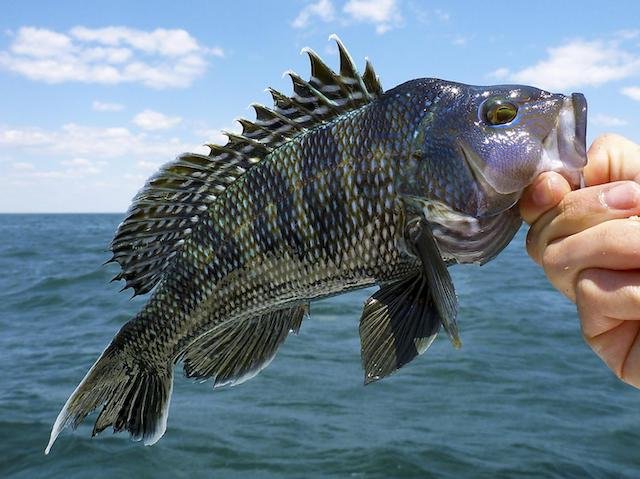
A new study led by Rutgers University has shown that climate change can shrink many fisheries over the world.
It has taken a toll on many of the world’s fisheries. Overfishing has magnified the problem.
Previously, scientists have found that seafood has become an increasingly important source of nourishment as the world population has grown.
In many coastal, developing countries, seafood provides up to 50% of the animal protein for people.
In the present study, the researchers examined the impact of ocean warming on 235 populations of 124 species in 38 ecological regions globally.
The species they checked included fish, crustaceans such as shrimp, and mollusks such as sea scallops.
They combined global data on fisheries with ocean temperature maps to find temperature-driven changes in the sustainable catch.
They found from 1930 to 2010, ocean warming led to about 4.1% drop in sustainable catches, for many species of fish and shellfish.
In the East China Sea and the North Sea, the estimated reduction was 15% to 35%.
The greatest losses were found in the Sea of Japan, North Sea, Iberian Coastal, Kuroshio Current and Celtic-Biscay Shelf regions.
On the contrary, the greatest gains were found in the Labrador-Newfoundland, Baltic Sea, Indian Ocean, and Northeast U.S. Shelf regions.
Although some species have benefited from warming waters, they can only tolerate so much warming. The species likely to start decreasing as temperatures continue to increase.
The team also found overfishing provides a one-two punch to fisheries facing warming waters.
It not only makes fisheries more vulnerable to ocean warming, but continued warming will also make it hard to rebuild overfished fish populations.
The researchers suggest that fisheries managers reduce overfishing, rebuild fisheries and use climate change information in making fisheries management decisions.
In addition, policymakers should prepare for regional disparities in fish catches.
They should build trade agreements and partnerships to share seafood between winning and losing regions.
Future work should examine how other factors, including ocean oxygen content, acidity, and productivity, change and influence fisheries.
The study lead author is Chris Free, who led the research while earning a doctorate at Rutgers.
The research is published in Science.
Copyright © 2019 Knowridge Science Report. All rights reserved.



